News - BES Findings
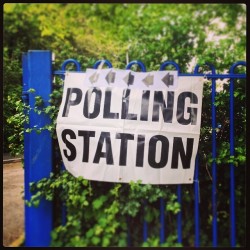
None of the above: the role of non-voters in General Election 2015...
Where does a party find extra votes? It’s one of those simple questions about politics and elections that sadly doesn’t have a simple answer. One place to find new supporters is among the backers of other parties. I wrote something about that here. In summary, neither…

British Election Study 2014 Expert Survey Data Released
The BES is pleased to release the first BES Expert Survey. 93 academic experts placed political parties on ideological scales and attitudinal dimensions between April-May 2014. These data can be directly compared to question responses in the BES voter surveys. The data and codebook of the…
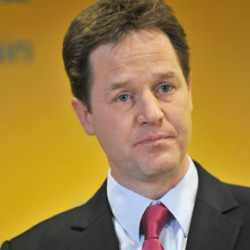
Where, if anywhere, will Liberal Democrat votes go in the 2015 General...
The Liberal Democrat conference is in full swing. What is the scale of their challenge? Current opinion polls point to the Liberal Democrats being ‘wiped out’ in the 2015 general election. The Liberal Democrats are currently polling at around 7% (YouGov, October 2014), while in April…
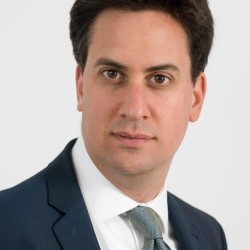
Do party conferences matter? Why the die may be cast for Ed...
There is an inevitable amount of attention on political party conferences, and as Labour’s conference comes to a close and the Conservative conference begins, people will be wondering if they will make a difference. Conferences are important signals of policy commitments and intent. But the…

If politicians want love, they should get a spaniel, by Phil Cowley
The claim that whilst people don’t like politicians as a species they do like their own MP has now become a political truism. You hear it a lot from some MPs, for whom it has become a bit of a comfort blanket; battered by years…
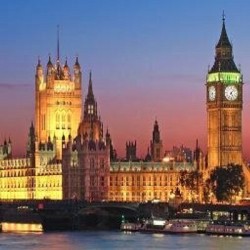
“Almost 70% of people know the name of their MP”, by Professor...
Almost 70% of people know the name of their MP, according to the British Election Study. What percentage of people know the name of their MP? One recent survey by the Hansard society found the figure was down as low as 22%. That was the…

Plus ça change? The ebb and flow of Scottish referendum voting intention
Apart from the day-to-day fluctuations and differences between pollsters, the opinion polls on the Scottish Referendum voting intention have been fairly stable over the last few months, with ‘Better Together’ leading with around 45%-50% of the vote, ‘Yes Scotland’ in the mid-thirties, and the remainder…
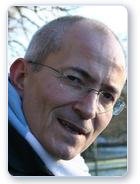
The British Election Study & the Scottish Constitutional Debate (by Professor Charlie...
It is striking how insular Scotland’s constitutional debate is. Both sides in the debate see Scotland’s constitutional future in different ways as bound up firmly in relationships with the rest of the UK. The Yes side envisages a form of independence which involves continuing partnership…

Settled wills? The psychology behind stable referendum polls (by Dr Rob Johns,...
In a marathon campaign like the one for votes in the Independence referendum on the 18th September, a good deal of the excitement is generated by ups and downs in the opinion polls. For those seeking to maintain interest, then, it is fortunate that the…

Class divisions and the Scottish Referendum
The Scottish Independence referendum campaign has focused heavily on the economic impacts of independence –whether the No campaign’s claims of a “UK dividend” or the Yes campaign’s promise of an economic renaissance for a newly independent Scotland. But how do voters’ own economic situations affect…
